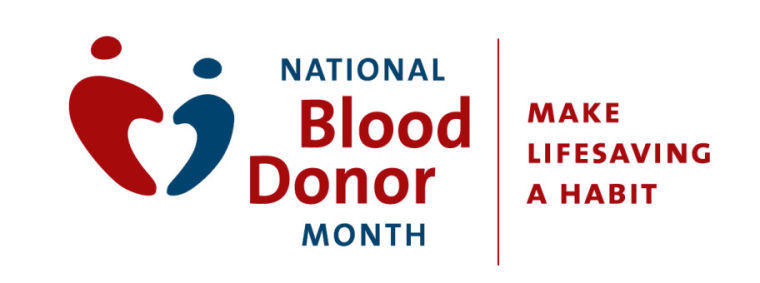National Blood Donor month
January 22, 2014
The month of January is all about new beginnings and resolutions thanks to New Year’s Day.
January is also known as national blood donor month. With the winter weather hitting the nation, the need to donate blood is higher than ever.
The snowy weather the country has been experiencing has caused many blood donors to cancel their donations. This has led for the demand of blood because of the lack of blood supply. According to the American Red Cross website, “About 300 Red Cross blood drives have been canceled in 25 states, resulting in a shortfall of more than 8,800 blood and platelet donations.”
“It’s a national force,” said Jo Ann Long, the Chapter Executive of the American Red Cross in Topeka, Kan. “Starting the beginning of the year, it’s probably the lowest time of the year for getting blood donations just because of colds and people being sick. We want to promote the need for blood, because that need is always out there.”
To honor national blood donor month, the Topeka chapter of the American Red Cross held a blood drive. The blood drive raised 15 pints of blood. They have also been spreading the awareness with the help of its volunteers.
“Every pint can save three lives and that’s a huge piece in giving back to the community,” said Long.
The American Red Cross has programs to start awareness about donating blood to children at young ages. Although they can’t donate, elementary students can participate in programs called “Pint Sized” where they host a blood drive by invited their family and friends to donate.
The American Red Cross High School Leadership Program is also trying to attract more high school donors by providing a “Red Cord” and pin for students to wear when they graduate. Students have to donate blood three times, volunteer at a Red Cross for eight hours and get five other students to give blood during their time in high school.
Once the leadership program is complete the students have a chance to win a $5,000 scholarship and a personal letter of recommendation for college applications or job applications from the executive of the student’s local Red Cross Blood region.
The state of Kansas law changed in 2006 so that 16-year-olds can donate blood without parental consent. The change in law was in hopes of getting more high school students to donate blood. Blood drives have seen in increase in participation since the law was changed.
Washburn University student, Jessica Savage was the first 16-year-old to donate without her parents’ consent in the state of Kansas. Savage donated bright and early during her Topeka High School’s blood drive seven years ago hosted by the Community Blood Center, which also regularly hosts blood drives at Washburn.
“It’s really important to me about saving a life,” said Savage. “You really don’t know who it’s impacting, you don’t just touch the life of the person who needs it but you touch those who are part of that person’s life.”



